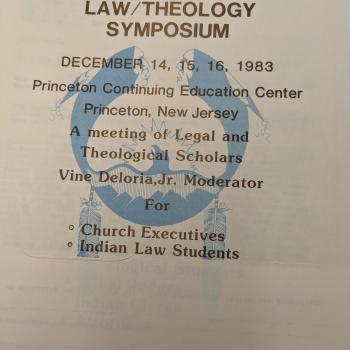A friend and parent of preschoolers recently asked how my wife and I made the decision to homeschool our kids. As I have written previously, homeschooling is not for every family. There are any number of reasons parents might decide not to homeschool, including a simple lack of passion for doing it. But even for those who might be interested in the homeschool option, it remains a daunting prospect, especially if you have no background as an educator, or as a homeschooled student yourself. But if you’re thinking about the homeschool option, here are a few suggestions on how to get started.
First, read up on homeschooling. There are many great resources out there, but we always recommend Susan Wise Bauer’s The Well Trained Mind, which is a homeschooling classic. Other books that have helped us with aspects of homeschooling and Christian education (we gravitate toward a classical model) are Douglas Wilson’s The Case for Classical Christian Education and Leigh Bortins’ The Core: Teaching Your Child the Foundations of Classical Education.
Second, pray and have an honest discussion with your spouse about whether this is something you’d like to pursue. (I am assuming that most homeschooling parents are married, and that one of the parents would have the time required to do the bulk of the work.) Given your time and resources, and your convictions regarding your children’s education, should you homeschool? We had a famous discussion in our relationship in which I told my wife that the question of homeschooling begins and ends with whether she wanted to do it or not. And I assured her that she had total freedom to decide she did not want us to homeschool. She also had freedom to try it and switch to another option in coming years, if needed.
Third, if you still want to move forward, seek out friends and groups in your area who homeschool. Some groups will be more functional, healthy, and active than others, but most any mid-size town these days will have at least one homeschool co-op or association. Note that these groups will often have a strong bent toward particular kinds of homeschooling philosophies and/or positions on controversial issues. You’re looking for people who can encourage you about homeschooling, not people who will demand ideological purity. Our main weekly outlet for homeschool encouragement, which is our Classical Conversations community, also structures a good amount of the work our kids do in school (especially memorization in history, Latin, and other subjects).
Finally, do not operate in fear or legalism about homeschooling. The decision about schooling is important, and we think homeschooling has really compelling advantages. But there are more important qualitative issues than school choice. Is your family rooted in church, and full of love, grace, support, wholesomeness, and joy? If so, then you’re doing fine.
Also, if you decide to homeschool, be prepared to have a lot of good days, but many bad days too. Homeschool kids are just kids, after all. Parents will feel inadequate, make mistakes, and probably blow up at their kids every now and then. If you get to the end of your day and your kids know you love them, and that you as parents love each other, and that God loves all of you, you’re doing fine. And if the kids learn a bit, too, then you’ve had a banner day.
Friends, I have just started a Thomas S. Kidd newsletter. Each newsletter will update you on what’s happening in the world of American religious and political history. It will contain unique material available only to subscribers, and each will help you keep up with my blog posts, books, and other writings from around the web. [Your e-mail information will never be shared.] If you’re interested, you can sign up here.












